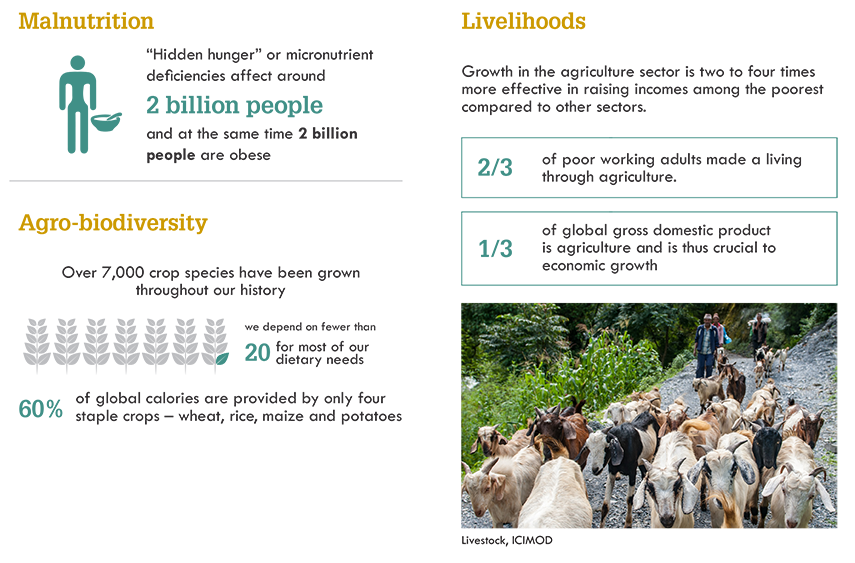|
Dr Tarifa Ajeif Alzaabi Director General, International Center for Biosaline Agriculture (ICBA) Address: Academic City, Al Ain Road Al Ruwayyah 2, Near Zayed University Dubai, United Arab Emirates P.O. Box 14660 Tel: +971 4 304 63 00; +971 4 304 63 55 Email: This email address is being protected from spambots. You need JavaScript enabled to view it. |
Peace Tusasirwe Address: Tel: +254-20-227-1000 E-mail: This email address is being protected from spambots. You need JavaScript enabled to view it. Skype: Ptusa2009 |
If you wish to contact individual AIRCA centres, please direct your enquiries to:
- AVRDC - The World Vegetable Center (Shanhua, Taiwan)
- CABI - Centre for Agriculture and Biosciences International (Wallingford, England, United Kingdom)
- ICBA - International Center for Biosaline Agriculture (Dubai, United Arab Emirates)
- ICIMOD - International Centre for Integrated Mountain Development (Kathmandu, Nepal)
- ICIPE - International Centre of Insect Physiology and Ecology (Nairobi, Kenya)
- IFDC - International Fertilizer Development Center (Muscle Shoals, Alabama, USA)
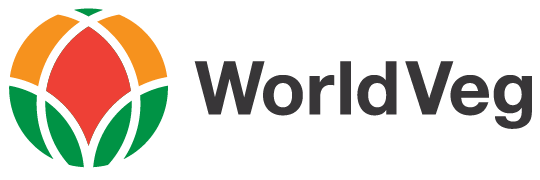 |
World Vegetable Center (Shanhua, Taiwan)Healthier lives and more resilient livelihoods through greater diversity in what we grow and eat. World Vegetable Center Publications | World Vegetable Center - Vegetable Genetic Resources Information System (AVGRIS) | World Vegetable Center's recipes |
 |
CABI - CAB International (Wallingford, England, United Kingdom)Improves people's lives by providing information and applying scientific expertise to solve problems in agriculture and the environment. CABI publishing products | CABI Issuu gallery | CABI Plantwise blog | CABI Invasives blog | CABI Handpicked blog | CABI Plantwise | Plant Clinics | Knowledge bank |
 |
ICBA - International Center for Biosaline Agriculture (Dubai, United Arab Emirates)Working in partnership to deliver agricultural and water scarcity solutions in marginal environments. |
 |
ICIMOD - International Centre for Integrated Mountain Development (Kathmandu, Nepal)Enables sustainable and resilient mountain development for improved and equitable livelihoods through knowledge and regional cooperation, for improved well-being of men, women, and children of the greater Himalayas in a healthy mountain environment. ICIMOD publications | ICIMOD ArcGIS Online | ICIMOD GeoPortal |
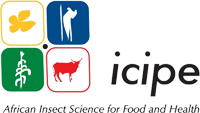 |
icipe - African Insect Science for Food and Health (Nairobi, Kenya)Helps alleviate poverty, ensure food security and improve the overall health status of people in the tropics by developing and extending management tools and strategies for harmful and useful arthropods, while preserving the natural resource base through research and capacity building. |
 |
IFDC - International Fertilizer Development Center (Muscle Shoals, Alabama, USA)Enables smallholder farmers in developing countries to increase agricultural productivity, generate economic growth and practice environmental stewardship by enhancing their ability to manage mineral and organic fertilizers responsibly and participate profitably in input and output markets. |
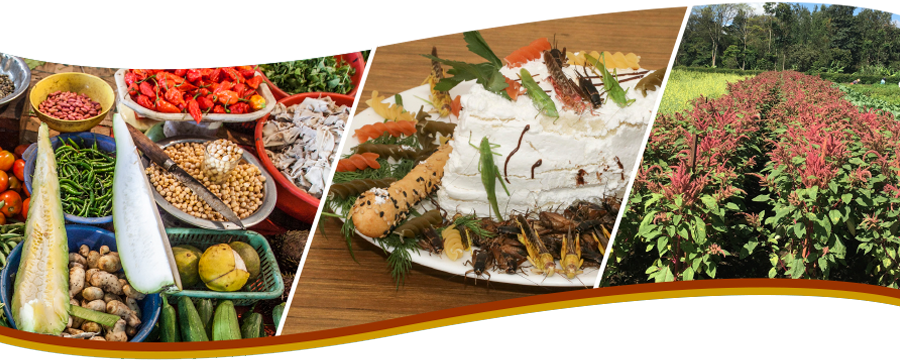
Vision
Diverse food systems for people and planet.
Mission
Innovations contributing to diverse, safe, nutritious, and climate resilient food systems for health, livelihoods, and environment
Why
To sustainably address the global challenges of food and nutritional security
For people
- Nutritious, safe and affordable food and food products – beyond calories
- Inclusive employment and income opportunities – especially for women and youth
- Integrating human, plant, animal and environment health – ‘One Health’
For planet
- Strengthening food systems resilience – with a climate change focus
- Safeguarding and valuing biodiversity – integrating underutilized crops
- Landscape approaches, enhancing input use efficiency, reducing waste – promoting circularity
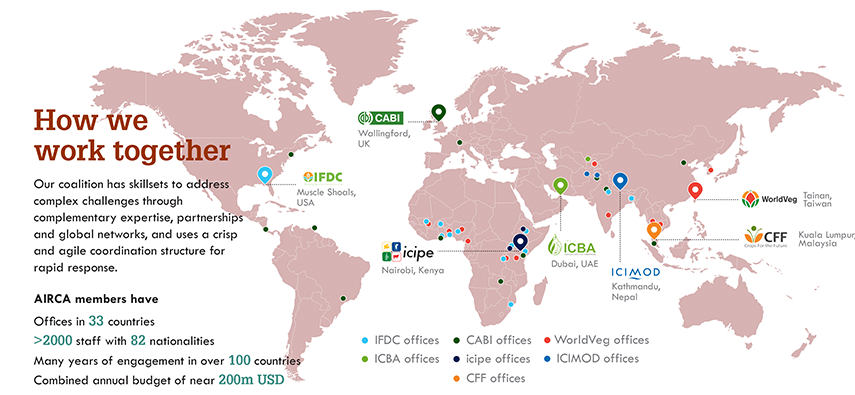
Valuing diversity
- Promoting gender equality and inclusive development
- Creating value from underutilized crops, vegetables, insects, spices, herbs, fruits, nuts, and trees
- Valuing traditional knowledge
- Considering supply and demand issues in a food systems context
- Responding to migration and urbanization
- Addressing plant, soil and animal health for resilient food systems and nutrition
- Using landscape approaches for ecosystem resilience focusing on marginal environments like mountain systems and saline lands
- Tackling urgent and upcoming problems like invasive species, new pests and diseases
- Building resilient food systems and societies within safe planetary boundaries
AIRCA contributes to achieving priority SDGs
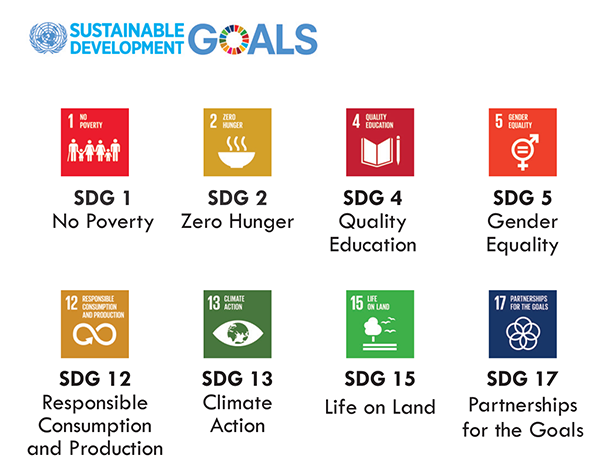
For people and planet
